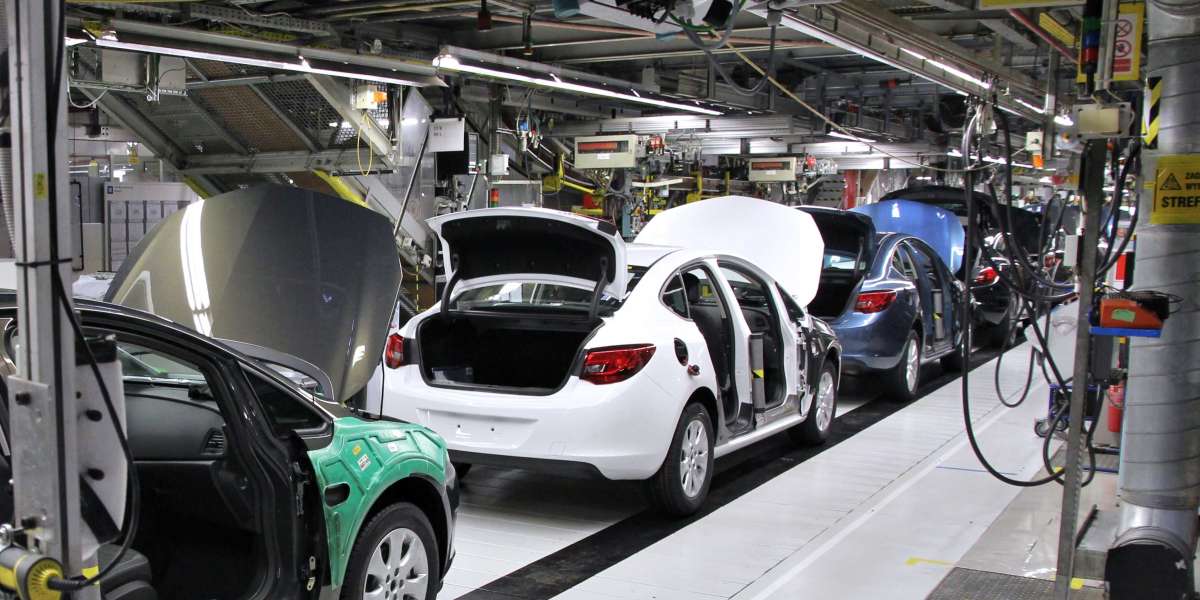Trucks and Trailer HVAC Market:
The market size for Trucks and Trailer HVAC was valued at approximately 2.64 billion USD in 2022. It is projected that the Trucks and Trailer HVAC industry will expand from 2.77 billion USD in 2023 to 4.2 billion USD by 2032.
The compound annual growth rate (CAGR) for the Trucks and Trailer HVAC market is anticipated to be around 4.74% throughout the forecast period from 2024 to 2032.
The Trucks and Trailer HVAC market has been gaining significant traction in recent years, driven by the rising demand for climate control systems in the transportation sector. As long-haul trucking and refrigerated trailer operations continue to expand, maintaining optimal cabin and cargo conditions has become essential.
Market Trends
- Growing Demand for Temperature-Controlled Transportation
The rise in e-commerce and the need for transporting perishable goods have led to an increased demand for temperature-controlled vehicles. Industries such as food and pharmaceuticals require strict temperature regulations, driving the need for advanced HVAC systems in trucks and trailers.
- Technological Advancements
Innovations in HVAC technology, such as energy-efficient systems and smart HVAC solutions, are transforming the market. Features like remote monitoring, IoT integration, and automated climate control are becoming standard, enhancing operational efficiency and reducing energy costs.
- Sustainability Initiatives
With increasing awareness of environmental issues, there is a shift towards eco-friendly HVAC systems. Manufacturers are focusing on developing systems that use environmentally friendly refrigerants and consume less energy, aligning with global sustainability goals.
Key Players
The Trucks and Trailer HVAC market comprises several key players, including:
Carrier Transicold
Thermo King
Denso Corporation
Webasto
Mitsubishi Heavy Industries
These companies are investing in research and development to innovate and expand their product offerings.
Challenges
- High Initial Costs
The installation and maintenance of advanced HVAC systems can be costly, posing a barrier for small and medium-sized enterprises. This high initial investment may deter some companies from upgrading their systems.
- Regulatory Compliance
Adhering to stringent regulations regarding emissions and energy efficiency can be challenging for manufacturers and operators. Keeping up with changing regulations requires constant adaptation and investment.
- Competition from Alternative Solutions
The emergence of alternative transportation solutions, such as electric vehicles and container shipping, poses a competitive threat to traditional trucks and trailers. Companies must innovate to remain relevant in this evolving landscape.
Future Prospects
The Trucks and Trailer HVAC market is expected to grow steadily in the coming years. Key factors driving this growth include:
- Increased Global Trade: As international trade expands, the need for reliable transportation of goods will boost demand for HVAC systems.
- Technological Integration: The integration of AI and machine learning in HVAC systems will improve efficiency and reliability, attracting more users.
- Focus on Health and Safety: The COVID-19 pandemic has heightened awareness of health and safety, leading to increased demand for clean and controlled environments in transportation.
Conclusion
The Trucks and Trailer HVAC market is poised for growth, driven by technological advancements, increasing demand for temperature-controlled transportation, and a focus on sustainability. While challenges exist, the future looks promising for manufacturers and operators willing to adapt and innovate. As the industry evolves, those who embrace new technologies and prioritize efficiency will likely lead the market.
More Related Report
Automotive Carbon Canister Market Trends
All Weather Tire Market Trends



